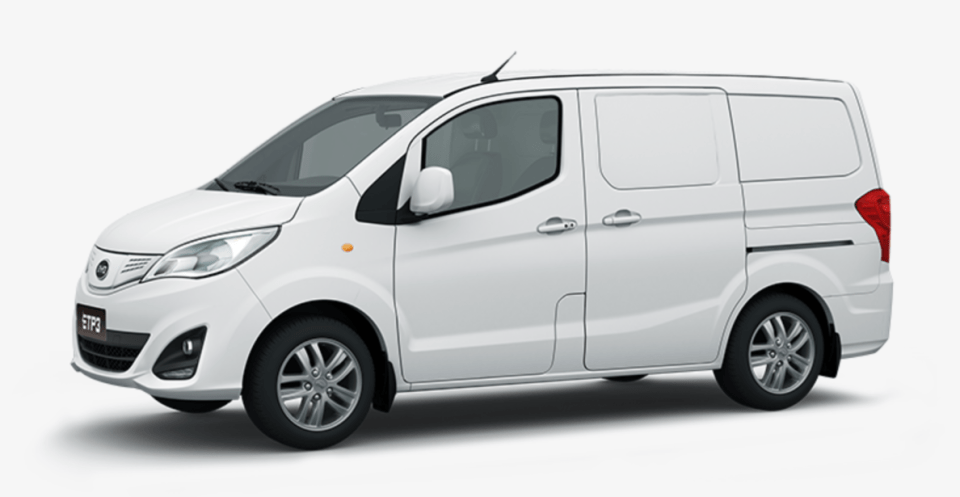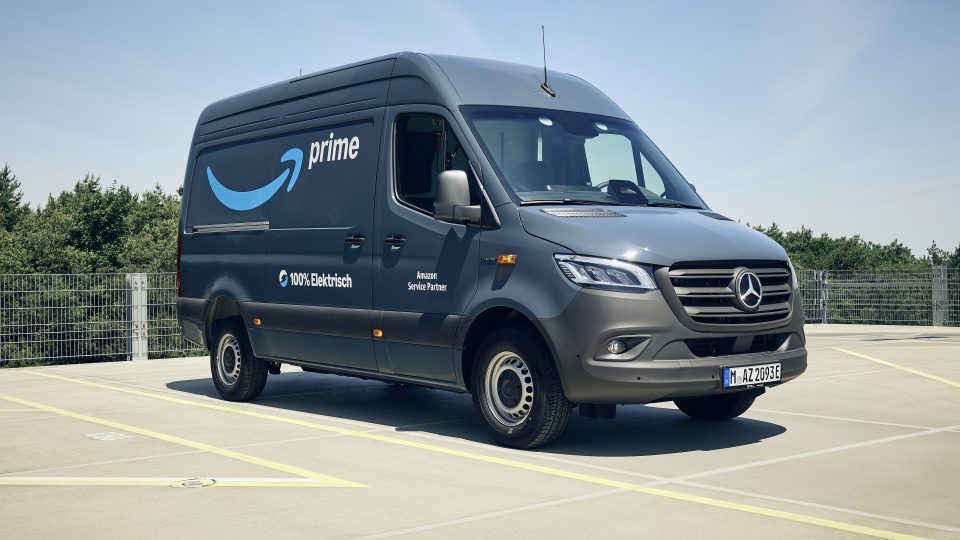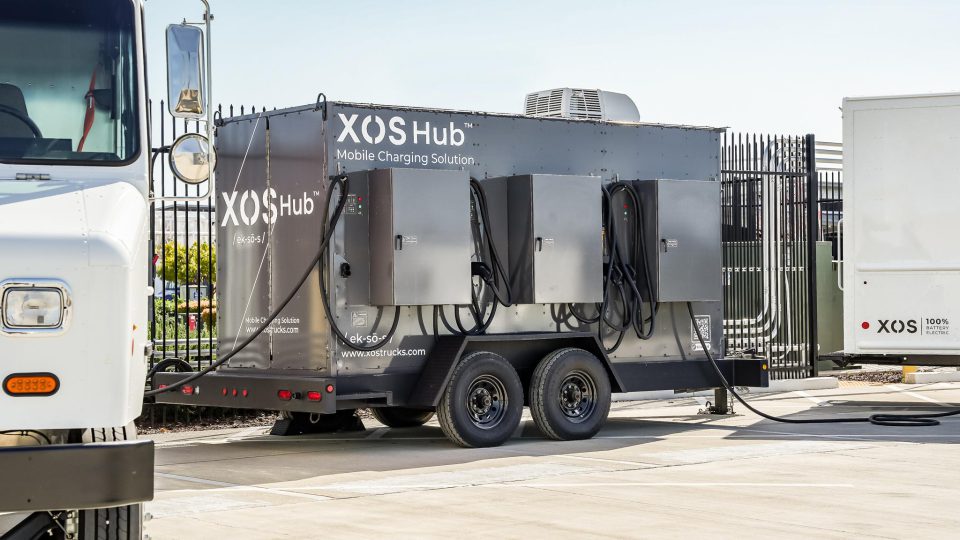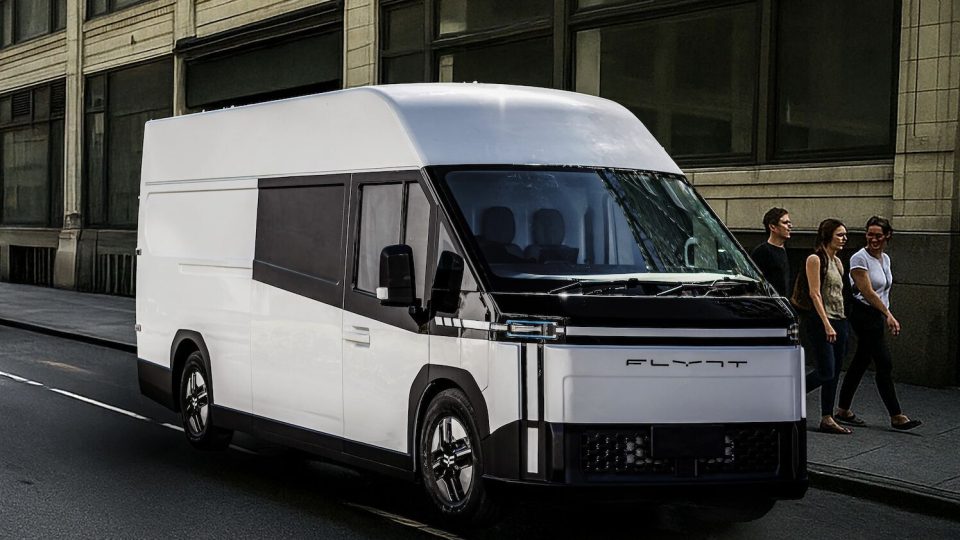From Stuttgart to Munich and back. The new Mercedes-Benz eSprinter reaches 475 km with one battery charge
The new Mercedes-Benz eSprinter will have three battery sizes. A pre-production vehicle with the largest of the three variants was selected for the test drive. With a view to a practical vehicle configuration for CEP use (courier, express, parcel service), an extra-long eSprinter with a high roof was selected to demonstrate.
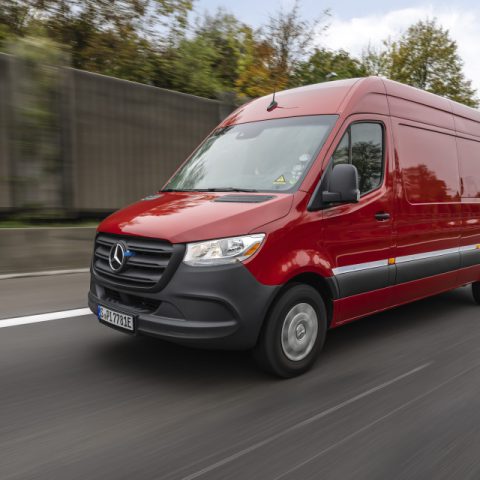
The new version of the Mercedes-Benz eSprinter, which will be launched in February, 2023, was capable to reach Munich airport starting from Stuttgart, and then come back, with only one battery charge. This corresponds to a distance of 475 km with a power consumption of 21.9 kWh per 100 km. And this despite the fact that the route is extremely demanding in terms of fuel consumption due to the high proportion of motorways and the climb up the Swabian Jura.
The new Mercedes-Benz eSprinter will have three battery sizes. A pre-production vehicle with the largest of the three variants was selected for the test drive. With a view to a practical vehicle configuration for CEP use (courier, express, parcel service), an extra-long eSprinter with a high roof was selected to demonstrate.
Mercedes-Benz eSprinter: the route and conditions of the test
The consumption measurement took place on 19 October 2022. In order to create real conditions for an
express delivery between Stuttgart and Munich, the journey was not completed on a closed-off test track, let alone a test bench, but in inner-city traffic as well as on federal roads and motorways. The topography was not optimised either; for example, the climb up the Swabian Jura was deliberately left in the route.
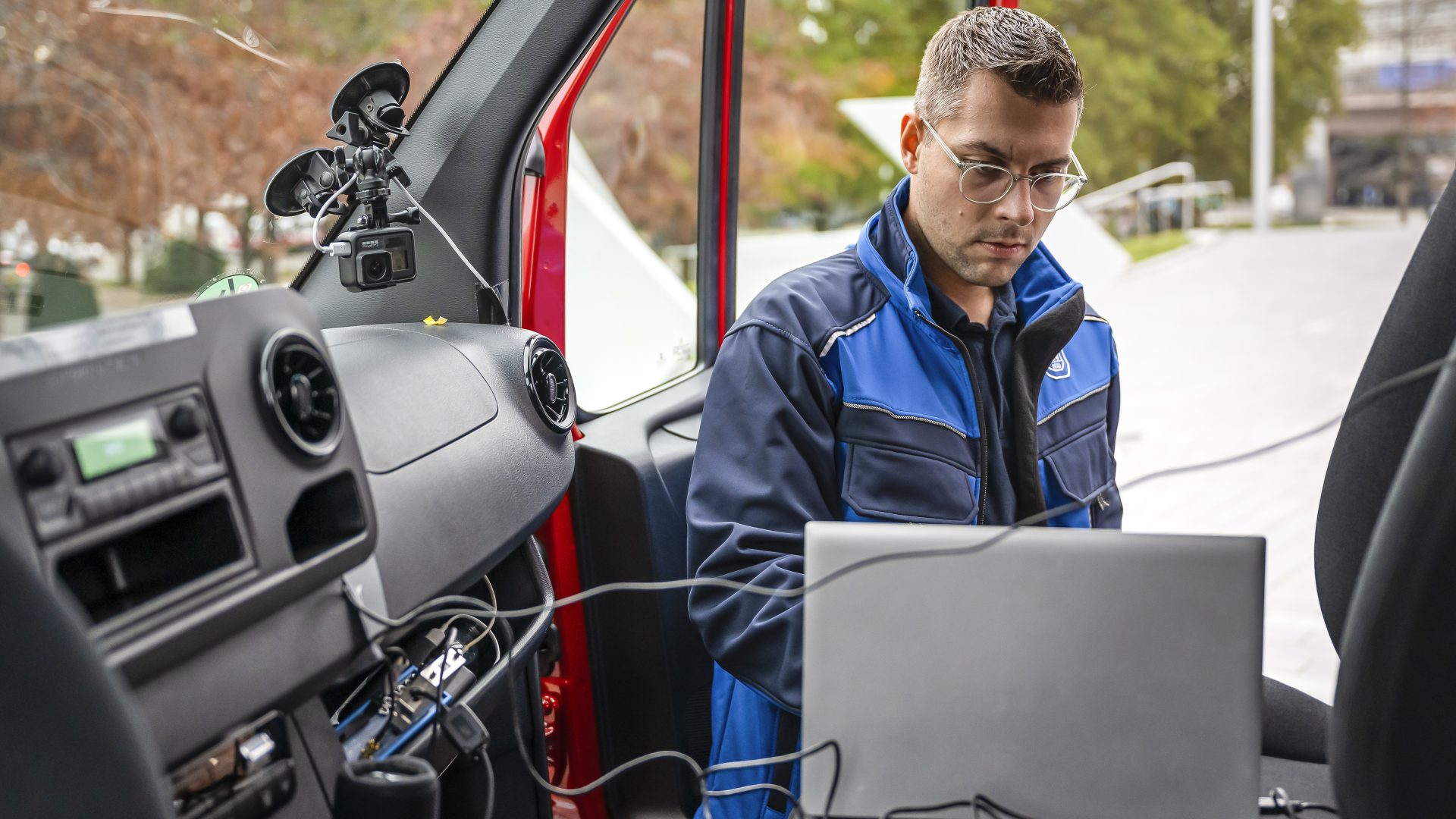
An inspector from TÜV Süd sat in the passenger seat next to the Mercedes-Benz test driver during the entire test drive. As a neutral testing organisation, TÜV Süd certifies that the consumption of 21.9 kWh per 100 kilometres achieved on this test drive from Stuttgart to Munich and back according to the instrument cluster was achieved with one battery charge and that the vehicle was in due order.










